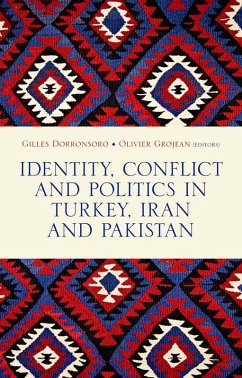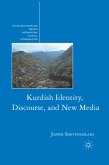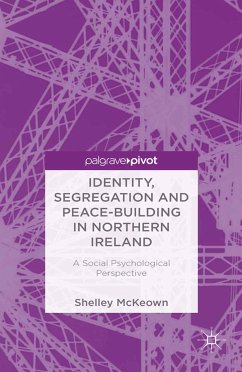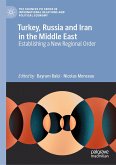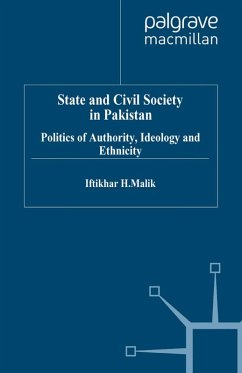Ethnic and religious identity-markers compete with class and gender as principles shaping the organization and classification of everyday life. But how are an individual's identity-based conflicts transformed and redefined? Identity is a specific form of social capital, hence contexts where multiple identities obtain necessarily come with a hierarchy, with differences, and hence with a certain degree of hostility. The contributors to this book examine the rapid transformation of identity hierarchies affecting Iran, Pakistan and Turkey, a symptom of political fractures, social-economic transformation, and new regimes of subjectification. They focus on the state's role in organizing access to resources, with its institutions often being the main target of demands, rather than competing social groups. Such con- texts enable entrepreneurs of collective action to exploit identity differences, which in turn help them to expand the scale of their mobilization and to align local and national conflicts. The authors also examine how identity-based violence may be autonomous in certain contexts, and serve to prime collective action and transform the relations between communities.
Dieser Download kann aus rechtlichen Gründen nur mit Rechnungsadresse in A, B, BG, CY, CZ, D, DK, EW, E, FIN, F, GR, HR, H, IRL, I, LT, L, LR, M, NL, PL, P, R, S, SLO, SK ausgeliefert werden.

